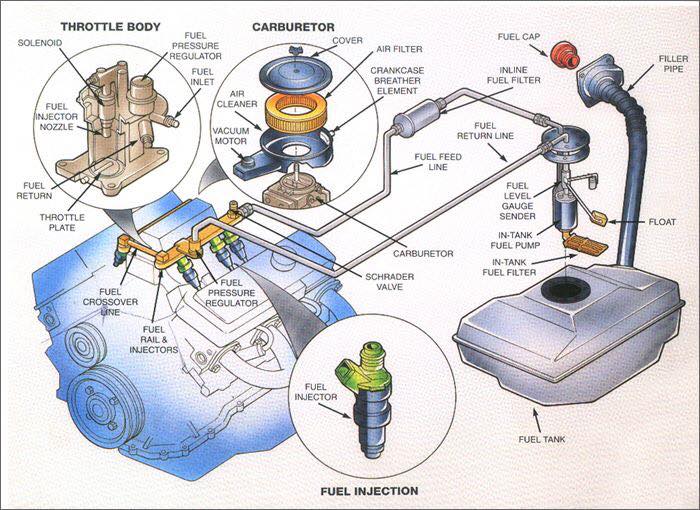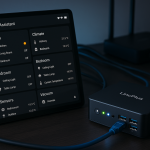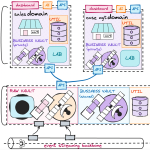
A fuel system is what allows a vehicle to operate. It takes fuel from the gas tank into the engine for combustion, which provides the necessary energy to run the vehicle.
Components
Both car and diesel fuel systems need several components to function. When combined, these components allow an engine to burn fuel and make a vehicle run.
Tank
The fuel tank is where the fuel is stored. Tanks vary in size, but they range from 12 to 48 gallons in a car, depending on size. The tanks that are part of diesel fuel systems can hold anywhere from 500 to 4,500 gallons of fuel.
Pump
The fuel pump is the part of the system that pulls the fuel from the tank to the engine.
Carburetor
The carburetor mixes precise amounts of air and fuel to create vapor that gets sent into the injector.
Injector
The fuel injector is what sends fuel from the carburetor to the engine for consumption.
Filter
The fuel filter removes any foreign contaminants, such as dirt, that get into the fuel. Removing impurities allows the engine to run to its highest capacity.
Fuel Lines
Fuel lines connect all parts of a fuel system. Clogged lines can force an engine to work harder, which can cause mechanical problems.
Proper Care
One of the best things you can do to ensure peak performance is to practice proper fuel system maintenance.
Replace Your Filter
The fuel filter works to remove impurities from fuel, but these impurities will collect over time, decreasing the filter’s efficiency. To combat this, change your filter once a year or roughly every 12,000 miles.
Keep Your System Clean
Cleaning your fuel injector should be done every 20,000-30,000 miles to remove build-up in your system.
Keep Your Tank Full
While keeping your gas tank at full capacity isn’t necessary, it’s good practice to fill it up when it hits the one-quarter mark.
Knowing how your vehicle works and how to care for it properly are critical components of responsible ownership. Follow these care tips to keep your vehicle running great.









